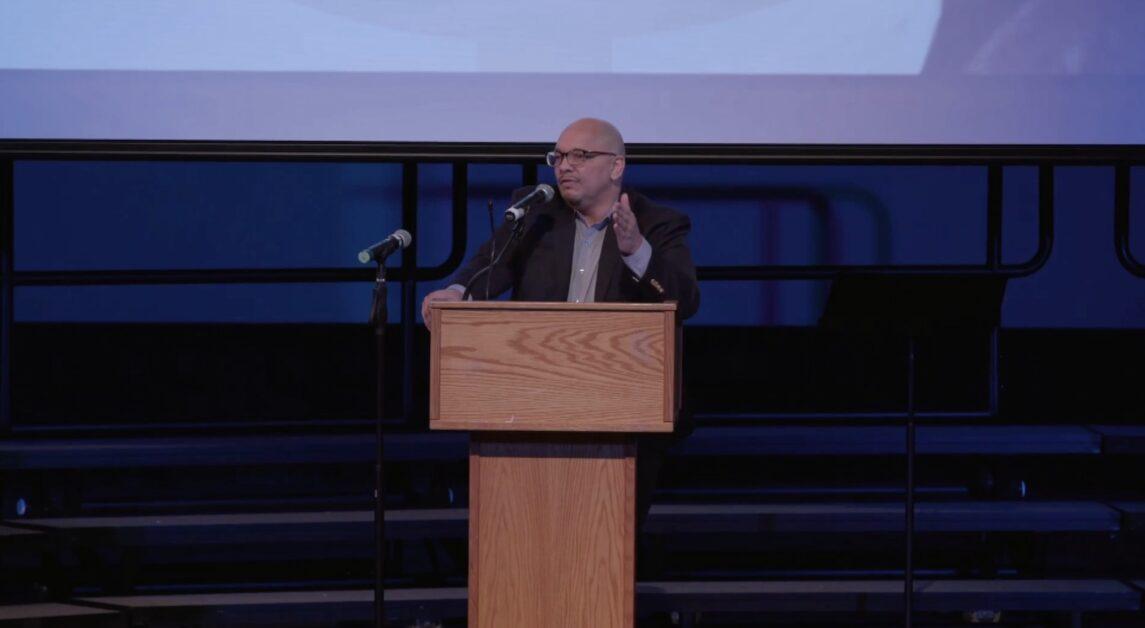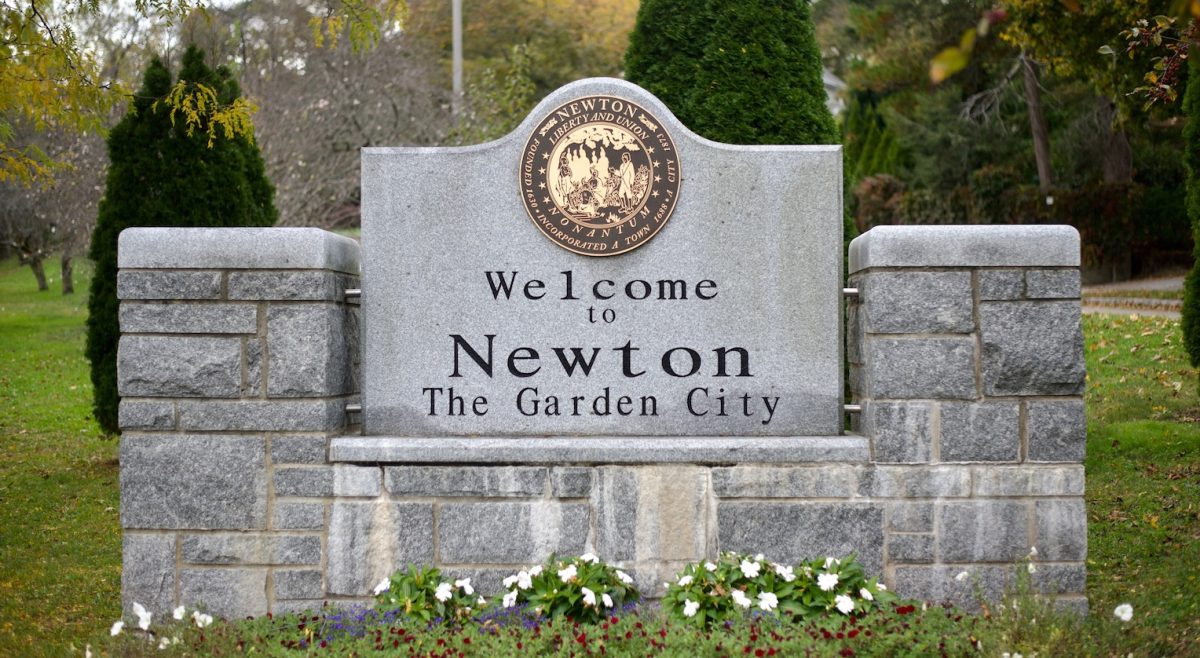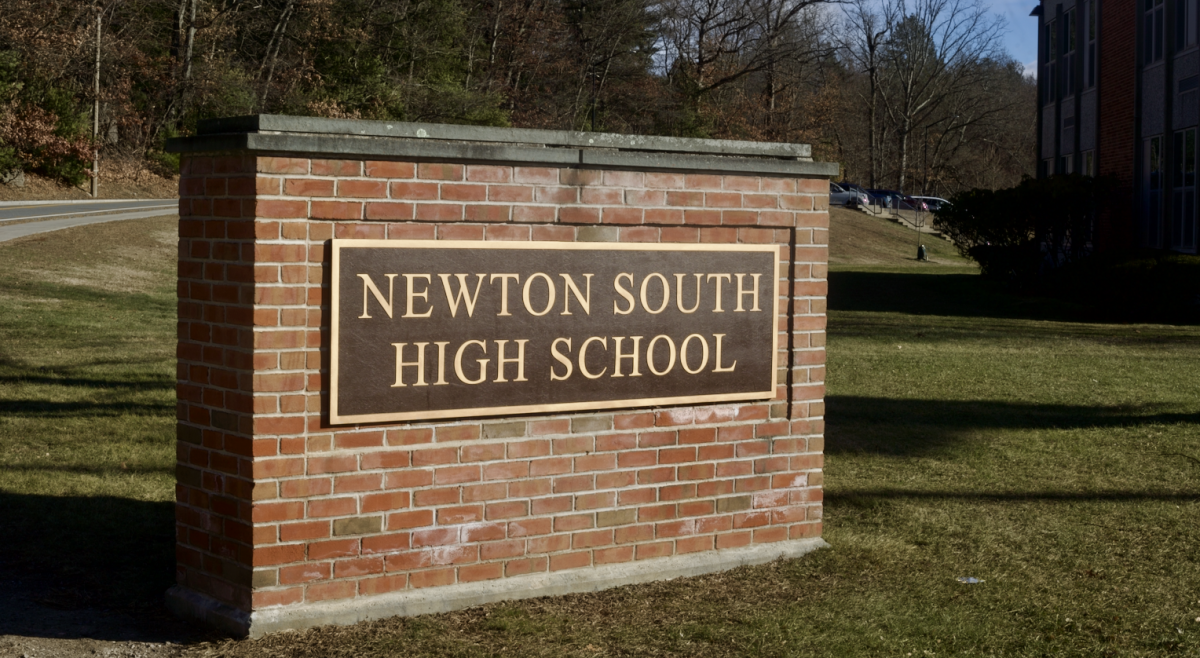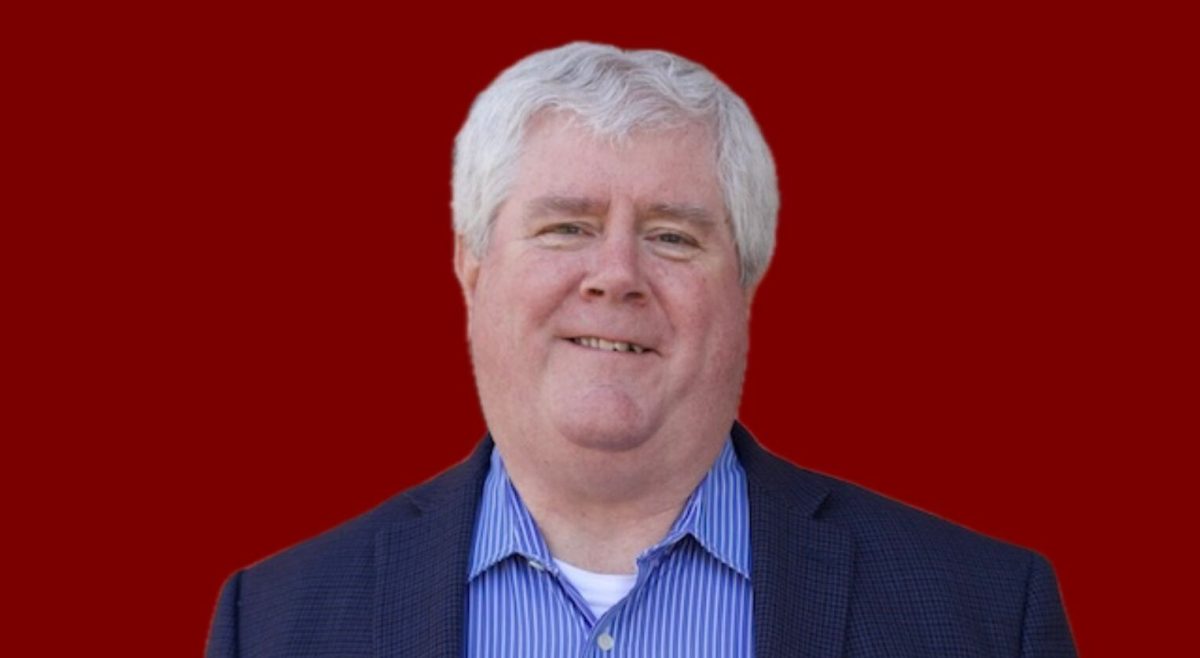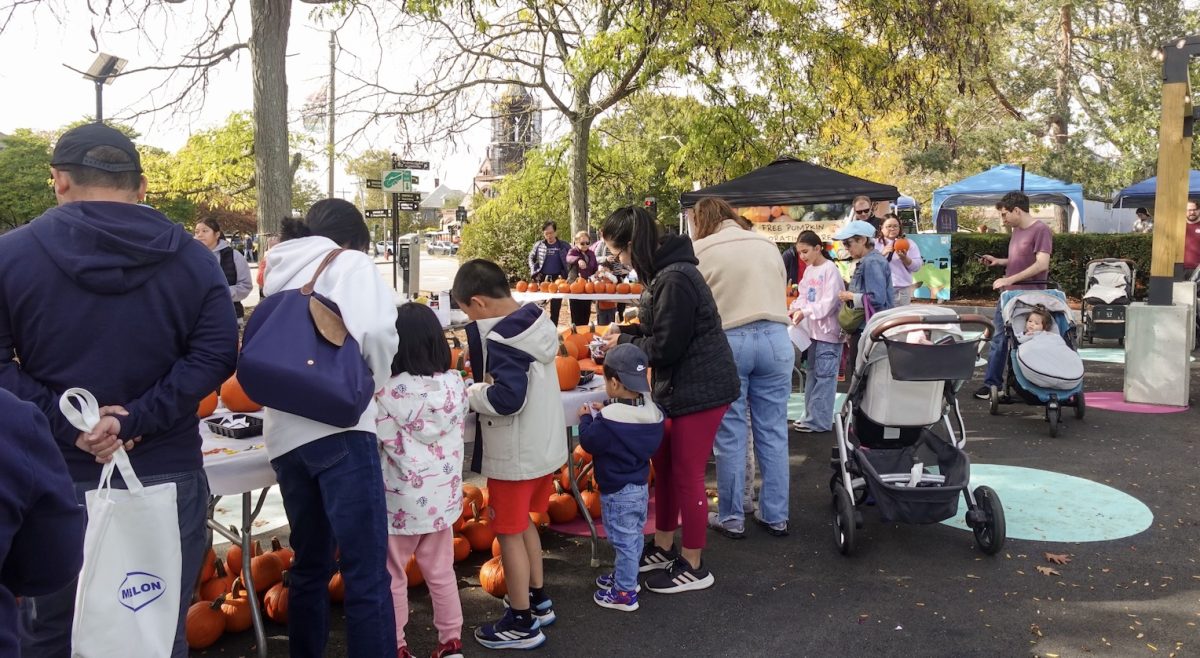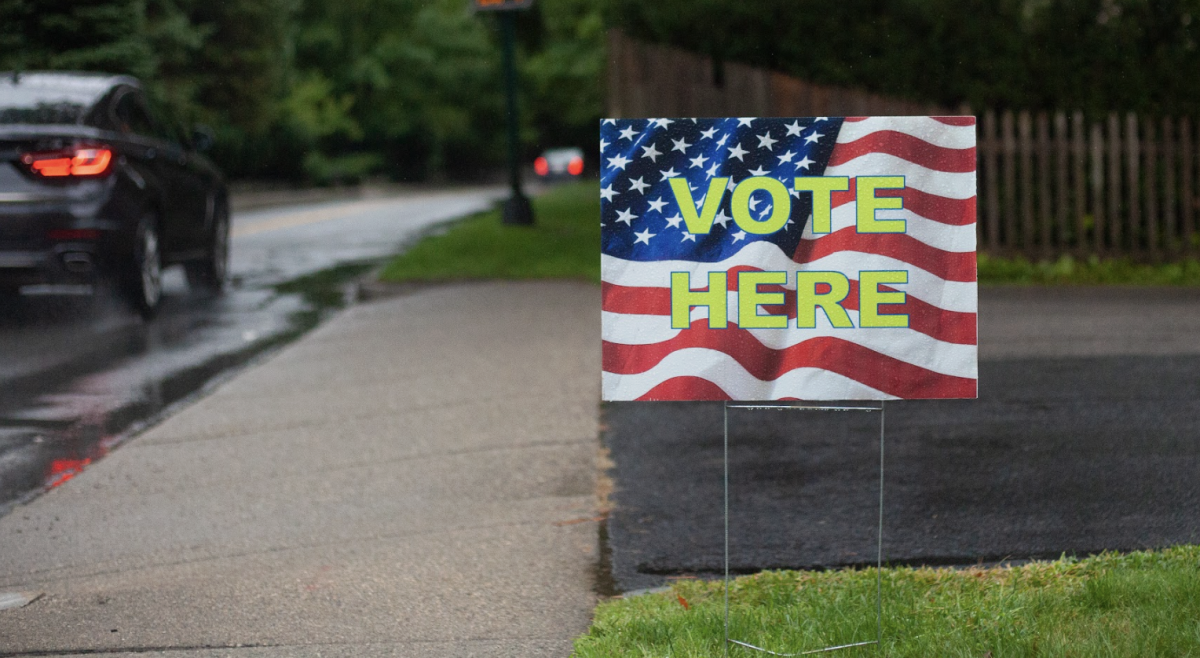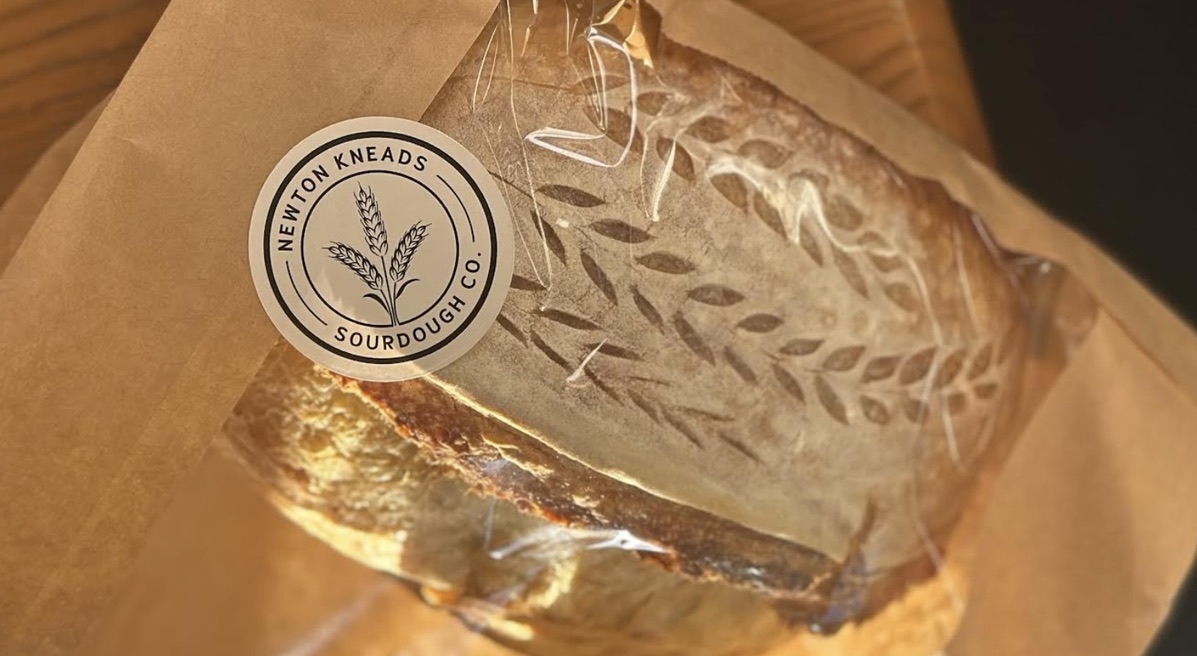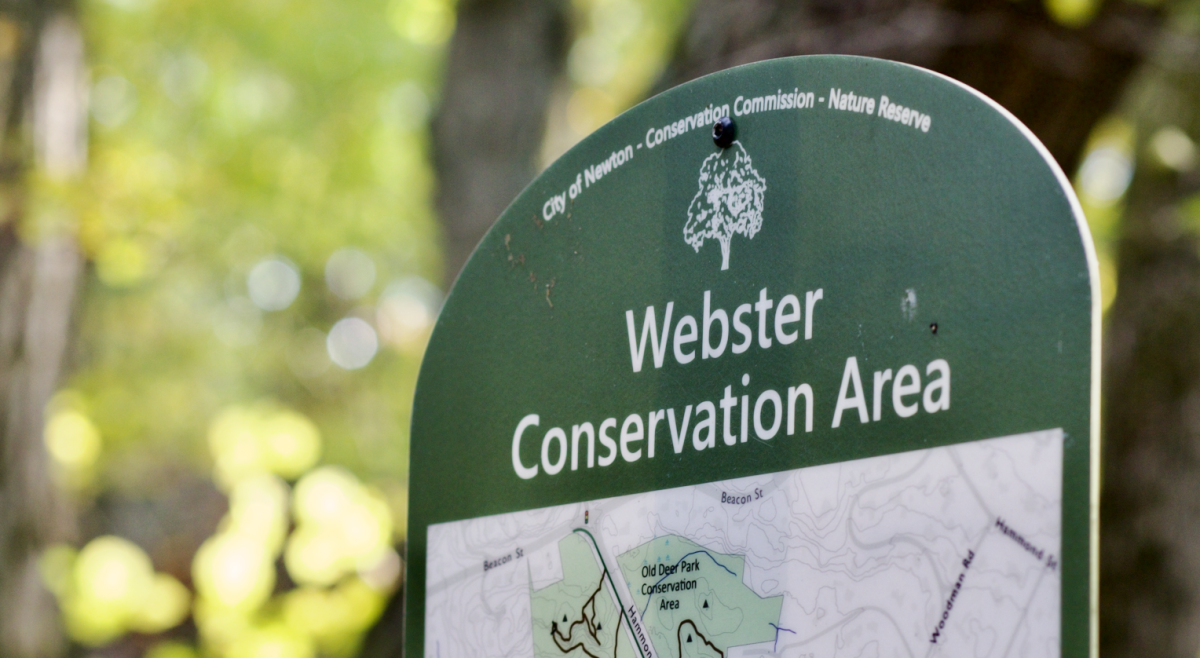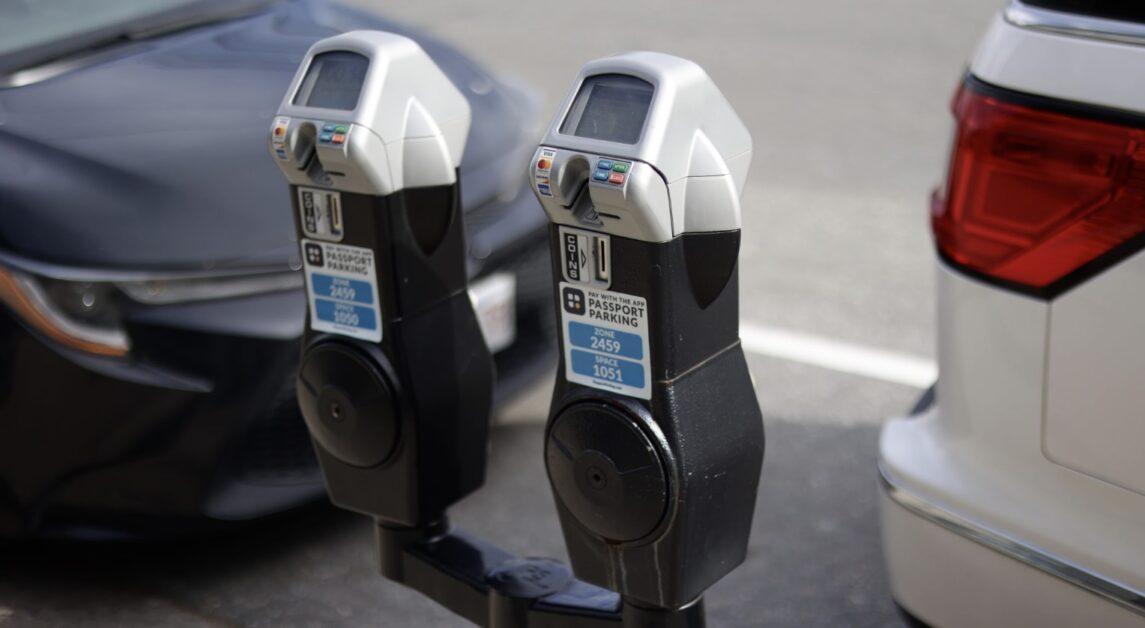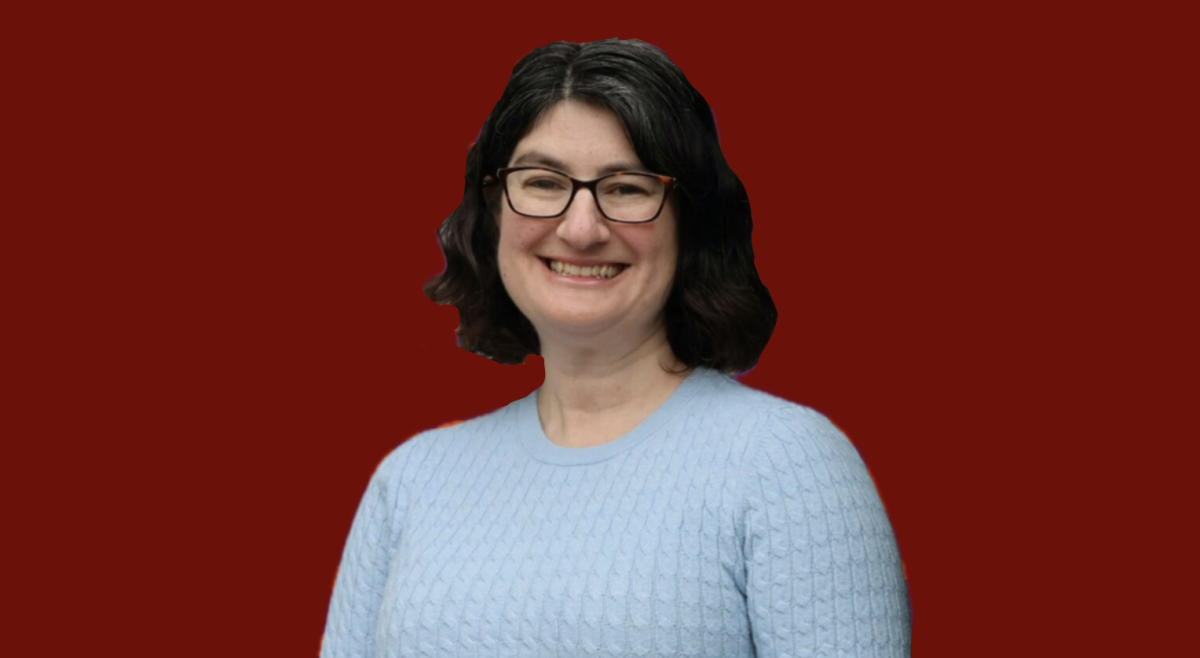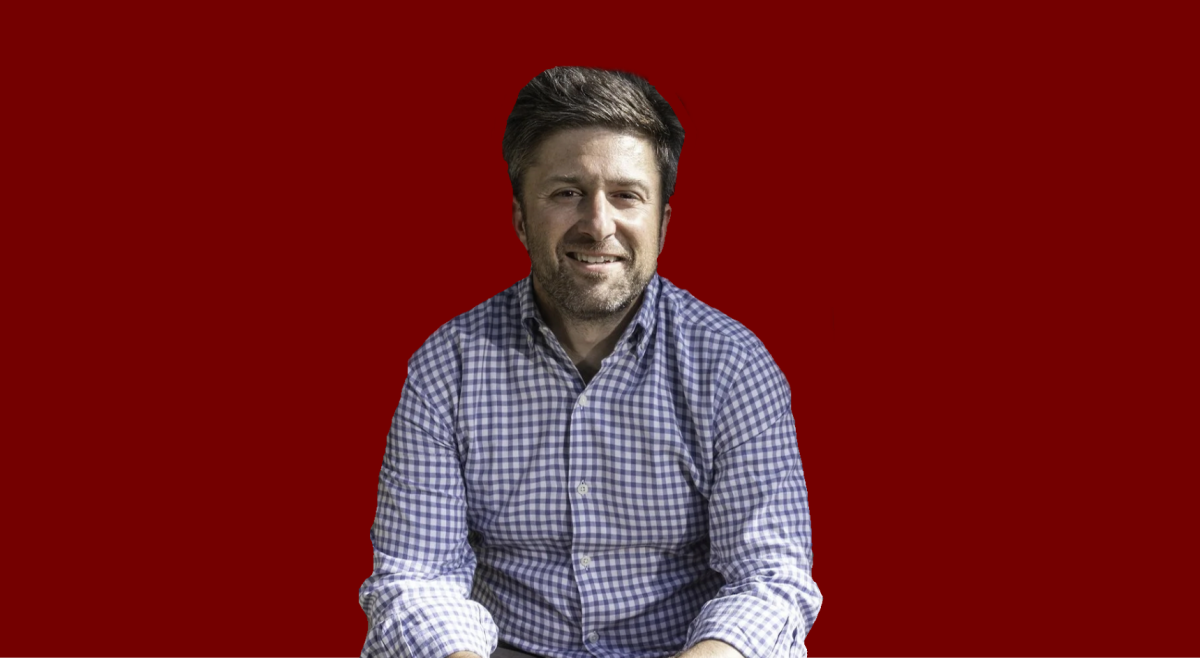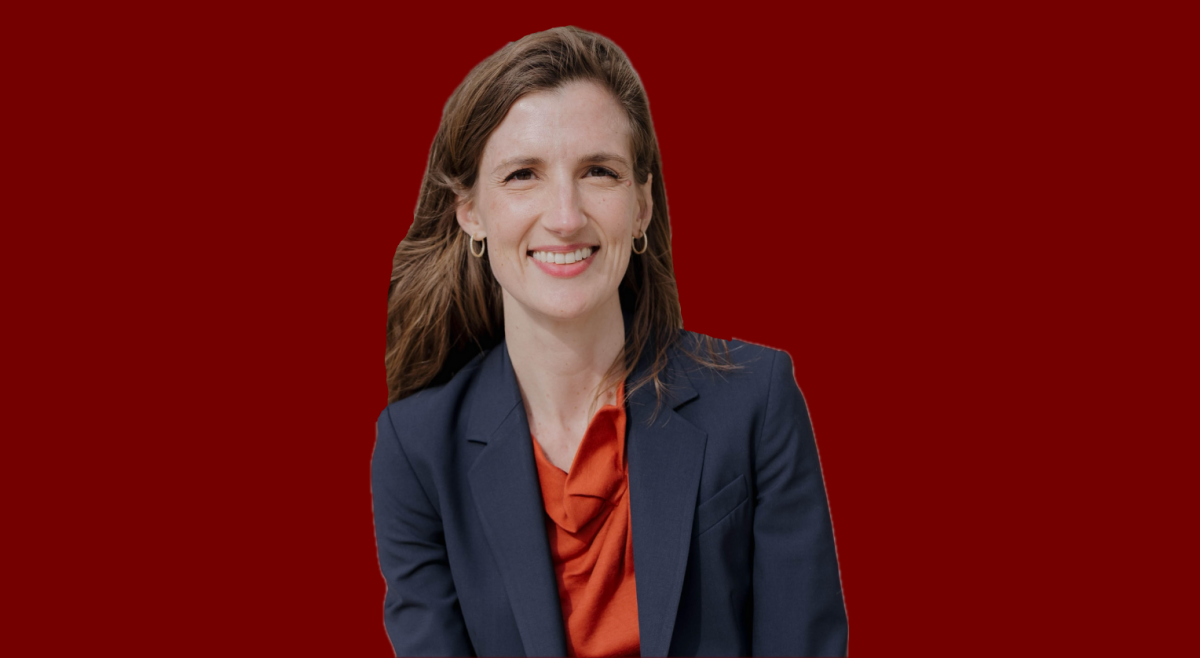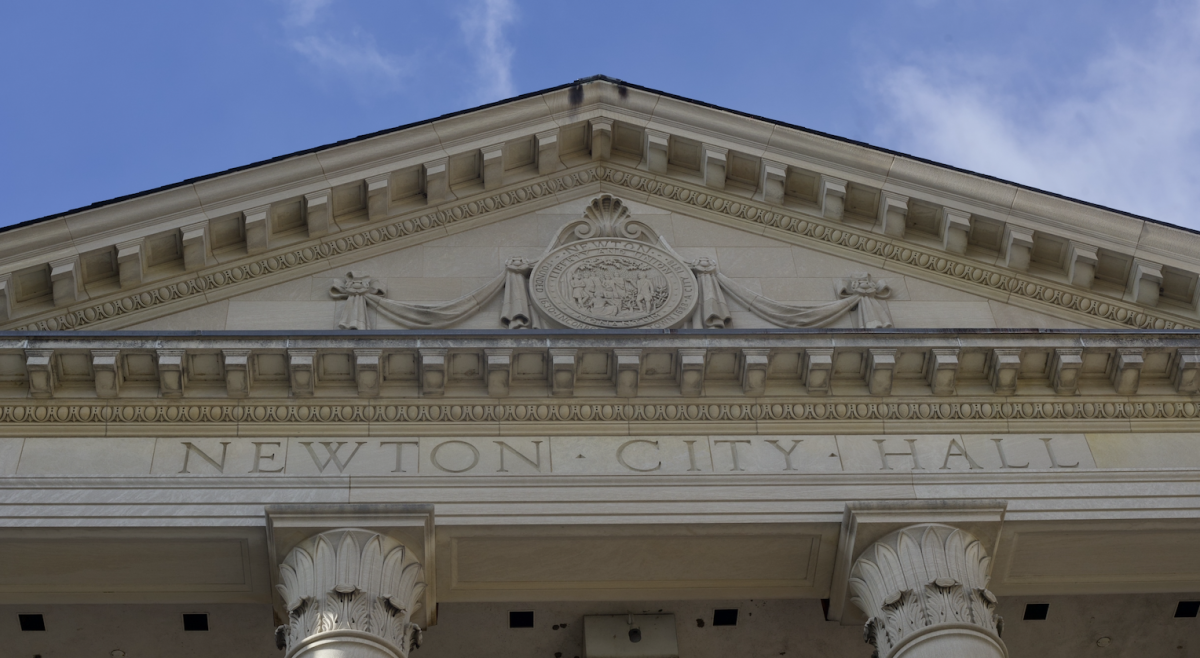The hymn of “Lift Every Voice and Sing,” commonly known as the “Black National Anthem,” echoed through Newton North High School’s auditorium as local leaders and residents settled in for the first in-person Martin Luther King Jr. Day celebration in Newton since 2020.
Speakers—including keynote speaker Jesse Tauriac, associate professor of psychology at Lasell University, and Newton Mayor Ruthanne Fuller—called for a commitment to justice in the city.
“Justice is making sure that we make every effort to ensure that every member of the City of Newton is equitably positioned to thrive,” Tauriac said. “It’s important for us to understand that, do everything we can to counter that, and to make sure that everyone around us in our circle does the same.”
Tauriac’s speech primarily focused on statistical differences in income and education among racial groups in the city—specifically citing data for Black, Hispanic, and white residents of Newton.
Tauriac presented information from The Opportunity Atlas, a website that compiles social mobility data, and said that white people in Newton have a higher average income and higher parental graduation rate than those of Black and Hispanic residents, Tauriac said.
He emphasized, however, that statistics don’t have to be a limiting factor when challenging notions of injustice.
“We can look at [the] probability of how people might thrive, but it’s also critical to recognize that this is not deterministic—an absolute guarantee,” Tauriac said. “Recognizing that if we invest particular resources in particular points in people’s lives there can be a different outcome.”
Fuller also focused on inequality within Newton in her speech and said there is work to do to close the gaps between racial groups.
“Clearly we are not yet a nation or a city where our children are judged by the content of their character, rather than the color of their skin,” she said.
Fuller cited data from Newton Public Schools (NPS) that demonstrates Black students feel less connected and safe in school. Fifty-seven percent of Black students said they feel safe in NPS compared to over 78 percent of white and Asian students, according to a survey conducted during the 2021–22 school year.
According to data collected from the Newton Police Department, there was a 230 percent increase in hate crimes in the city from 2019 to 2022, Fuller said.
While Newton has not yet achieved racial equity, there is a desire among residents to affect social change and bridge socioeconomic and racial gaps in the city, she said.
“I am so often moved here in Newton by the multitude of networks of mutuality, by the abundance of Newtonians who care deeply about their neighbors and so often give their time, talent, and treasure to promote our common good,” Fuller said.
Alongside the annual celebration of King’s life, there was a food drive co-hosted by the city and local businesses. The city called for donations of food and toiletries, among other unexpired goods, according to its website.
Susan Paley, vice president of community relations for The Village Bank and a member of the planning committee for Monday’s celebration of King, said that food collection efforts within the city have grown as food insecurity continues to become a greater issue in Newton.
“The past few years, obviously, have been really tough ones in terms of food insecurity in our community, and this food drive is just a really important addition to the efforts that we already are making to ensure that our neighbors have enough to eat,” Paley said.
Paley said the food drive and celebration event being held in conjunction with each other emphasizes the importance of unity within the city.
“We love the unification efforts to bring all aspects of our community together,” Paley said.
Tauriac closed his speech by challenging those in the audience to use the message of the event and the wisdom of King to commit to addressing injustices in the city.
“It’s not just about what we do here in this auditorium—it’s about what we do moving forward,” he said.

